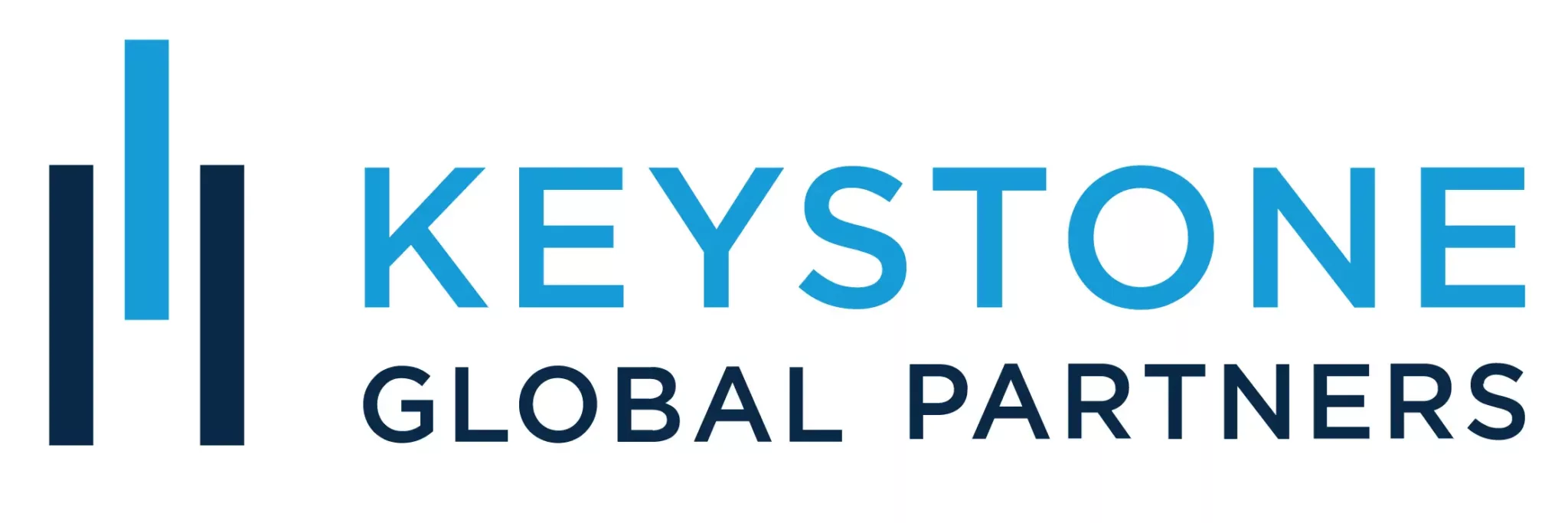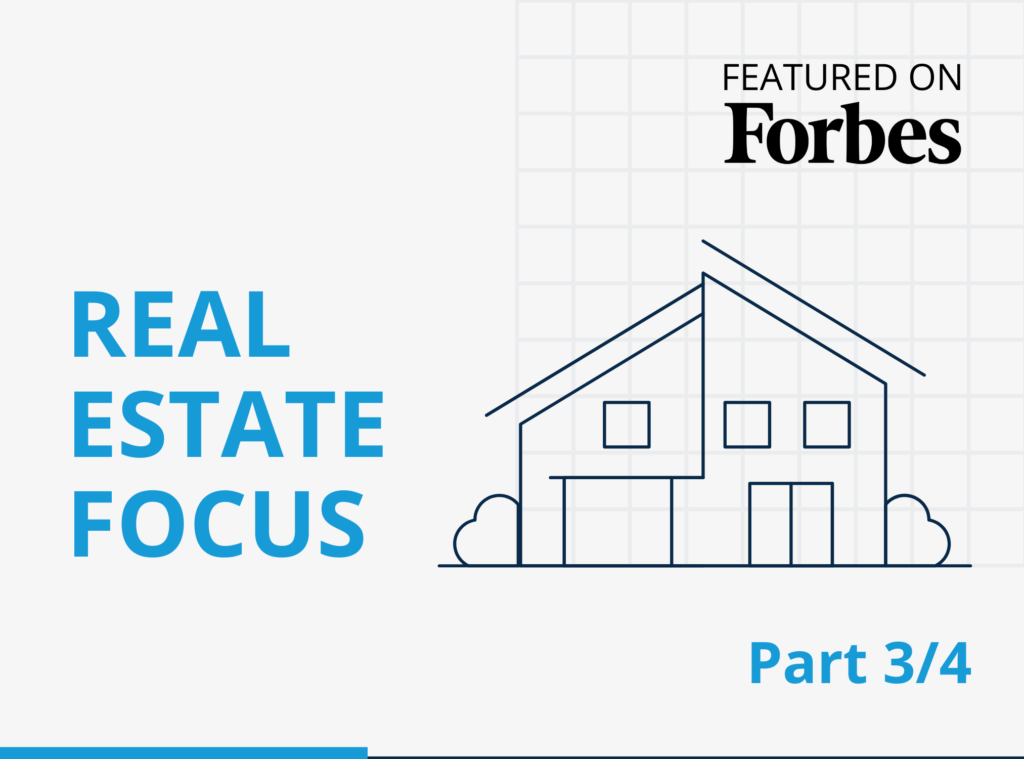This article was originally published on Forbes.com on February 17, 2021. This article is part 3 of a 4 part series on real estate. Written by Peyton Carr.
Buying real estate as a founder is a serious undertaking — a venture on its own, not entirely unlike your entrepreneurial endeavors. You will likely want to finance your home with a mortgage, so it is important to know your options and understand the process to properly assess your risks, make sure you have your legal house in order, and position yourself for profit, tax savings, and cost savings opportunities.
Financing Your Home
If you’ve come into a big windfall, you could buy your house in cash. But many people choose to finance their home even if they have the money in the bank.
As you are building wealth, it can make sense to keep more of your portfolio invested in the stock market or more liquid investments in case you need it for other purposes. This also allows you to invest and target long-term equity-like returns while borrowing at lower fixed interest rates.
The alternative is to purchase with cash, which can save you in financing costs and make your offer more attractive to sellers, but it leaves you with less liquidity and entails opportunity costs. So think carefully about how to proceed. In a competitive real estate deal, a good backup solution is to have a line of credit that you can access to quickly close in cash, then refinance the property after closing.
Applying for a Mortgage
As an entrepreneur, qualifying for a mortgage presents unique challenges. Even though you have a higher earning potential than most employees, fluctuating income from year to year appears more unstable to banks. You may be taking a below-market salary in exchange for equity ownership; however, most banks will look to income when qualifying you for a mortgage.
If you plan to purchase and finance a home soon, it would be wise to set yourself up to look more favorable from a bank’s perspective. You’ll want to show a stable income, clean business records, and strong personal credit over the last two years of your finances. That said, money trumps most other factors, so if you have a sizable down payment and cash reserves, you will have a far easier time getting qualified.
Start by getting pre-qualified, which gives you an idea of the loan size you will likely get approved for. To get an initial idea of your overall budget, consult a mortgage calculator. The next step is pre-approval, which is the bank’s conditional commitment to grant the mortgage to you.
Types of Mortgages
Many different types of mortgage loans exist. The most common type of conventional loan is a fixed-rate loan. You will make the same monthly payment, with the same interest rate, for the loan’s life. An adjustable-rate mortgage (ARM) typically has a lower interest rate than a fixed-rate loan for the first five to ten years, and then the rate changes based on an index and may go up over time.
Generally speaking, adjustable-rate mortgages are best for people who plan to be short-term homeowners, expect to see a notable increase in income within the next few years, or plan to pay off the loan quickly. Fixed-rate loans tend to be better for people who want certainty in their mortgage payments and plan to hold the property long-term.
Be sure to shop around for the best mortgage rather than sticking with your home bank; doing so can save you a significant amount of money.
Qualifying for a Mortgage
Mortgage loan underwriting is the process your lender uses to assess the risk of lending you money. The underwriter uses a set of criteria to approve or deny your mortgage.
If you fail to meet standard underwriting criteria, you have other options, such as asset depletion underwriting, which allows you to use your liquid assets to qualify. This is a good option for individuals with a decent amount of funds in the bank or investment accounts.
Tax and Cost Savings Opportunities
Many of the top tech hubs are also the most expensive places to own real estate. However, the tax benefits of owning real estate are often touted as some of the biggest advantages of buying versus renting.
The mortgage interest deduction is a tax deduction for the interest paid on the first $750,000 of your mortgage debt, which may reduce your taxable income and cut your tax bill by the amount you’ve paid in mortgage interest throughout the year.
There are also tax benefit opportunities upon selling your home. If you have a capital gain on the sale of your home and you satisfy certain criteria, you may be able to qualify for the Section 121 exclusion which allows you to exclude some gains from taxes when selling your home.
Risk Mitigation and Home Insurance
Homeownership comes with insurance and mitigation costs. Go into any deal with eyes wide open, knowing what it could really cost.
As your home is exposed to the elements, this will call for additional costs to mitigate risks such as shoring up the structure with the right roof, shutters, and other materials. You should know whether the home exists in a catastrophic (CAT) area — a location susceptible to floods, wildfires, earthquakes, or hurricanes.
Ownership Titling
Another factor to consider is how you will hold the title of the home. The way you hold title to real estate is how ownership is conveyed and transferred upon a property’s purchase or sale.
There are five main types of ownership titling — joint tenancy, tenancy in common, tenants by entirety, sole ownership, community property, and corporate or trust ownership — and each method has pros and cons from the perspective of tax, control, and asset protection.
The Bottom Line
A lot of work goes into becoming a homeowner and upholding the responsibilities that come with it, but in most cases, it’s well worth it.
This article is Part 3 of the Guide to Real Estate series. Click here to read Part 1 or Part 2.


